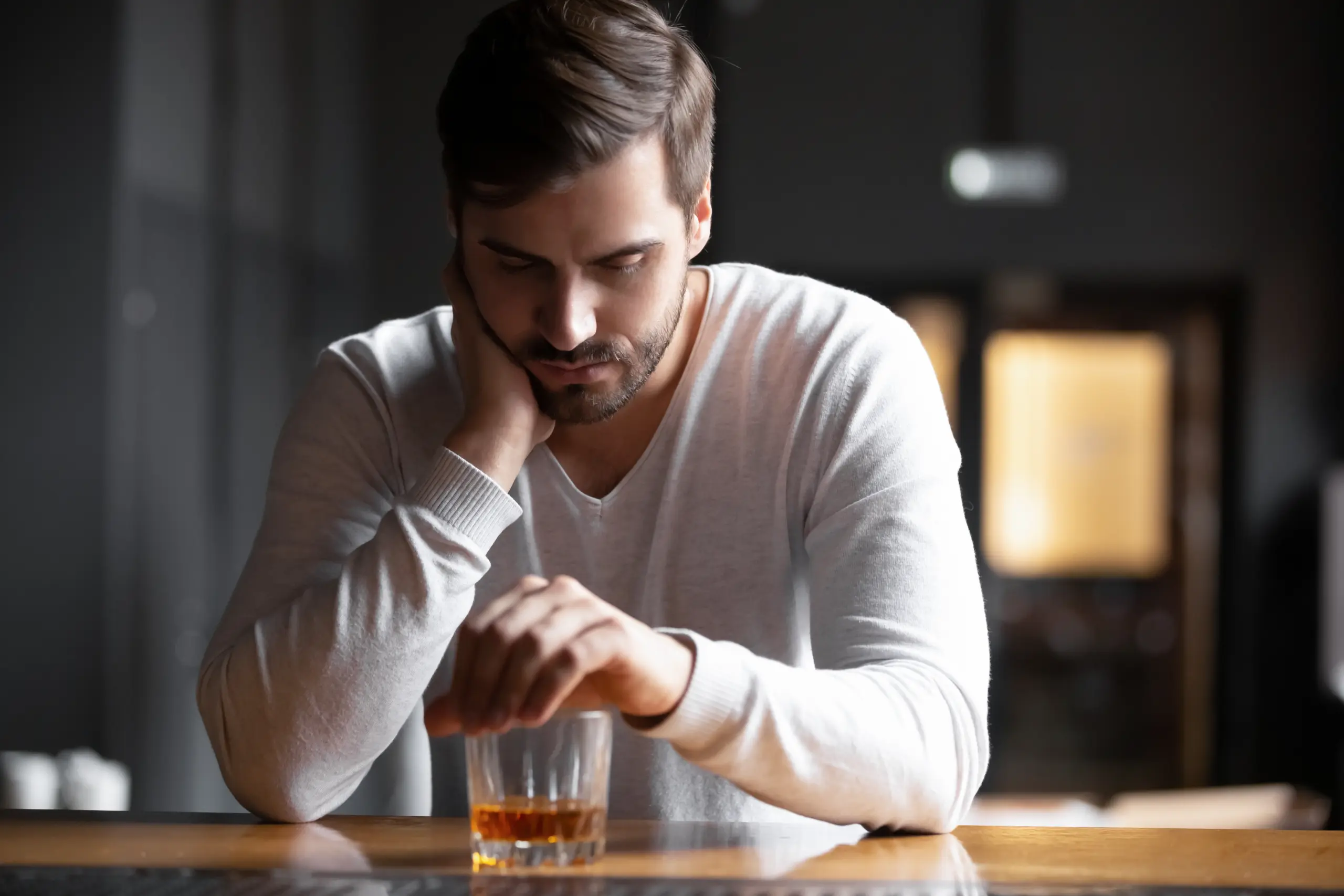Alcohol affects the person mentally, physically, and emotionally. It is often a slippery slope, and most alcoholics fail to understand the fine line when they truly became dependent on alcohol.
Alcoholism affects almost 7% of the population in the United States. Strikingly, about 15-20 million people deal with alcoholism (also termed alcohol use disorder). Less than 10% seek help and less than 10% of those attempting rehabilitation are successful. Most individuals who fail have one thing in common: Hangxiety. What is it? It is the anxiety linked with alcoholism that is evident during a hangover.
What is Hangover Anxiety?
If you have ever experienced a hangover, you might be familiar with the physical symptoms that come with it. Nausea, headache, dry mouth, ill-effects of dehydration and dizziness are just a few of the unpleasant sensations that can come after a night of heavy drinking. However, many people are also familiar with another unpleasant side effect of drinking: the anxiety, also known as “hangxiety.”
How can you diagnose Hangxiety?
Like many neuropsychiatric disorders, hangxiety is an anxiety disorder that needs a clinical diagnosis. There are no great biomarkers or blood tests for diagnosing it. The diagnosis is made clinically, and often surprisingly, by the individuals themselves. Most who know they have hangxiety are confused if it is abnormal or an expected response during hangover.
Hangover anxiety is a type of anxiety that some people experience after drinking alcohol. It can be characterized by feelings of unease, worry, or fear, and can be accompanied by physical symptoms such as shaking or sweating. Hangover anxiety can be particularly distressing, as it can occur after a night of socializing and having fun with friends.
But hangxiety carries one critical problem--it triggers relapse in those who want to quit. The anxiety or stress or the worry that comes with it, often decides if the individual can quit alcohol or if he will fail in his quest.
Symptoms of Hangxiety:
Some of the symptoms of hangover-anxiety include:
Nausea
Jitteriness
Restlessness
Shakiness
Tremors
Dry mouth
Anxiety when the alcohol fades off
Palpitations (racing heart rate)

What Causes Hangover Anxiety?
There are several factors that can contribute to hangover anxiety. One of the most significant is the impact of alcohol on the brain. Alcohol is a depressant, which means that it can slow down the activity of the central nervous system. This can result in feelings of relaxation and euphoria, but it can also lead to a disruption of normal brain activity, which can trigger anxiety.
Another factor that can contribute to hangover anxiety is the impact of alcohol on sleep and the body’s hydration status. Alcohol can make it harder to fall asleep and stay asleep, which can lead to feelings of fatigue and irritability the next day. This can make it harder to cope with the stress and anxiety that can come with everyday life.
Lastly, as alcohol is a dehydrant (which means it can dehydrate you), the effects of hangover can amplify the anxiety if a person already has anxiety disorder. Dehydration and low electrolyte status (particularly of magnesium) as well as depletion of essential vitamins (like thiamine) can lead to inflammation in the body and many untoward effects that can worsen the hangxiety levels and trigger fear, insecurity that will eventually lead to drinking again.
Coping with Hangover Anxiety
If you experience hangover anxiety, there are several strategies that you can use to cope with these feelings. One of the most effective is to practice mindfulness techniques, such as meditation or deep breathing exercises. These techniques can help to calm your mind and reduce feelings of anxiety.
It is also important to take care of your physical health after a night of drinking. Drinking electrolyte-enriched fluids (particularly those rich in magnesium and potassium- e.g. HuMOLYTE) can significantly improve electrolyte and hydration status and reduce some of the physical symptoms. In addition, eating nutritious foods and getting enough rest can all help to reduce the physical symptoms of a hangover, which can in turn help to reduce feelings of anxiety.
Finally, it is important to recognize that hangover anxiety is a common experience, and that you are not alone in experiencing these feelings. Talking to friends or aa mental health professional can help you to process your emotions and develop strategies for coping with hangover anxiety.
How can gut health affect hangxiety?
Recent research has shown that poor gut health can affect anxiety and lead to a variety of physical and mental symptoms. Individuals who consume alcohol can have a higher inflammatory state that results from poor gut health from an altered microbiome.
Microbiome is the trillions of gut bacteria (and fungi) that reside in an individual’s intestinal tract. We need the good bacteria to balance the “bad” to keep infections and inflammation under control. It is known that repeated alcohol consumption can damage the microbiome and trigger anxiety by evoking certain neurotransmitters within the central nervous system. Thus, taking care of your gut by proper diet, nutrition, and prebiotics such as human milk oligosaccharides (a principal component of HuMOLYTE), can improve gut health and have the potential to reduce hangxiety.

Conclusion
Hangover anxiety can be a distressing experience, but it is important to recognize that it is a common side effect of alcohol consumption. By taking care of your physical health (that includes mental and gut health), practicing mindfulness techniques, and seeking support from others, you can learn to cope with hangover anxiety and minimize its impact on your overall well-being. Remember that it is okay to seek help if you need it, and that there are many resources available to support you in managing your mental health.




Leave A Comment